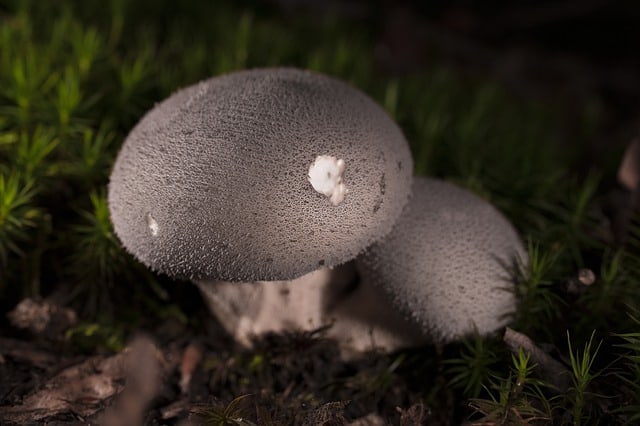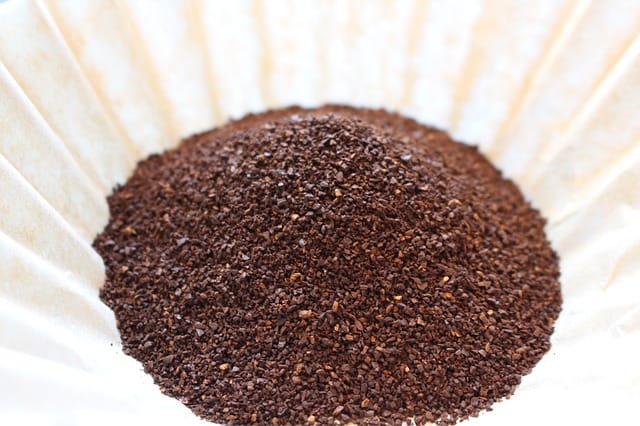The bible is a mysterious text that is full of metaphors and symbolic language. The mushroom is perhaps the most frequently featured food species in the Bible, second only to apples.
Mushrooms represent God and Jesus in the Bible. This is a tradition that dates back thousands of years. Pagan spirituality considers the mushroom the ‘Food of the Gods’ and is often depicted as representing one God or several.
What Does the Bible Say About Mushrooms?
Mushrooms are a favorite metaphor for creation. Mushrooms are cyclic. They recycle dead natural waste by turning it into food that supports the mushrooms’ growth and reproductive cycles – this is a fitting metaphor for Creationism.

Mushrooms are also symbolic of Christs’ Resurrection. As mentioned above, feed off of the dead remains of living things, – including other mushrooms and dead mushrooms of their owns species. They use the nutrients found in animal, fungi, and plant corpses to ‘rise’ from the soil – often appearing to pop up overnight or with a few days.
Because of this phenomenon mushrooms are often used symbolically to describe the Crucifixion story and Christ rising from the Dead after 3 days.
Does The Bible Mention Magic Mushrooms?
While the Bible does not explicitly say anything about magic mushrooms, some people have interpreted some of the text and language that way.
Some people believe that early Christians did use psychedelic fungi for spiritual awakening, it is known that pagan traditions in the same area used mushrooms for medicinal purposes, but whether or not they accessed the psychedelic agency of mushrooms is unknown.
However, at no point does the Bible mention anyone consuming or experiencing the hallucinogenic effects of magic mushrooms.
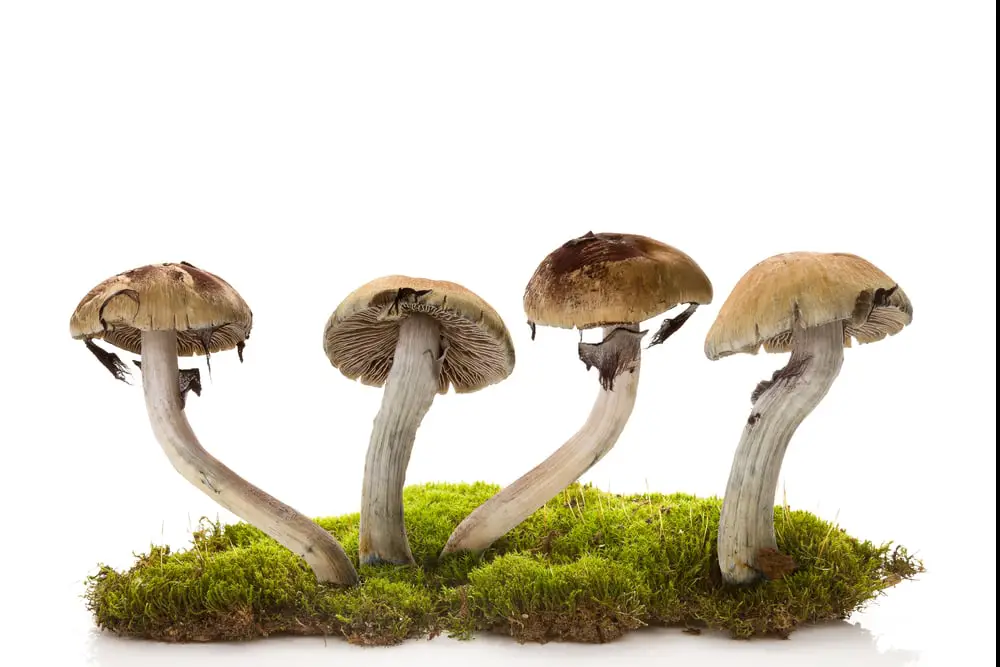
What Do Mushrooms Mean in Folk Law?
Mushrooms are often associated with death – but not in a way that you would think.
Ancient pagan tribes believed that mushrooms were the food of the dead, or the fingertips of dead, rotting corpses trying to reach earth from the underworld. Whilst it appears as a negative association, ancient people had a different relationship with death than we do today.
On average they saw death much more often and much closer to home. Having your dead relatives’ fingertips growing in your backyard was often interpreted as a sign of comfort that those they missed were nearby, or that their spirit is connected to the next world.
Spiritually speaking, our ancestors had a deep and meaningful relationship with mushrooms. Mushroom iconography has been found across many ancient spiritual sites around the world.
What is The Jesus Mushroom?
The Amantia Muscara is the Jesus mushroom, it is a highly psychoactive mushroom that is very poisonous if consumed raw. It is the most recognizable mushroom in the world, with a red cap and white pitted spots. The Amanita Muscaria has been popularised in children’s fairytales and videogame franchises like Super Mario.
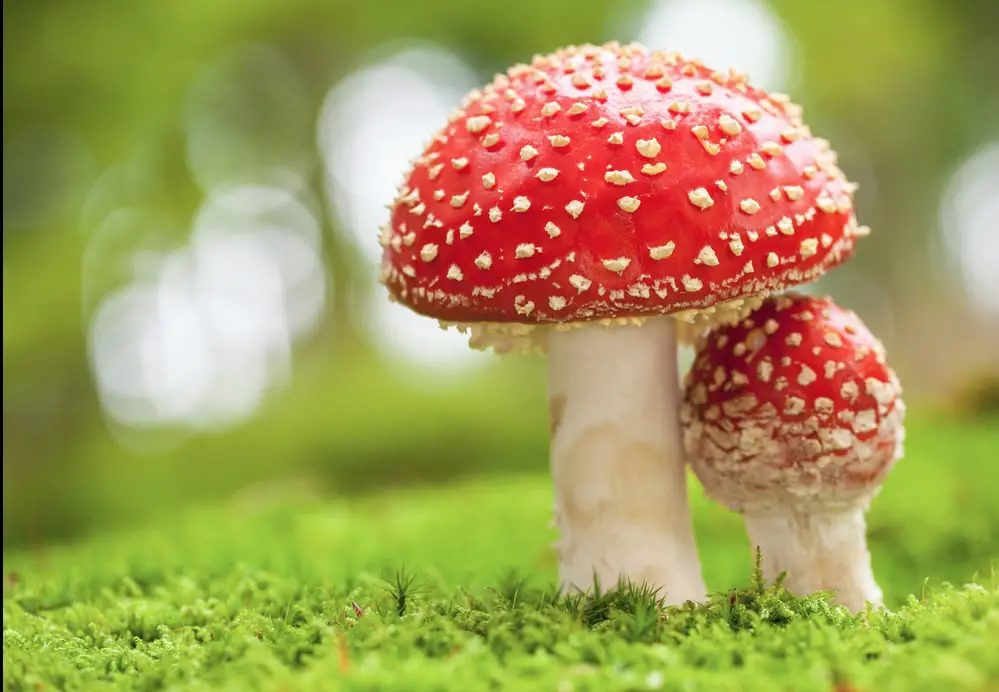
How the Amantia Muscaria became the Jesus Mushroom is the consequence of the theory put forward by archeologist John M. Aleggro in his book The Sacred Mushroom and the Cross. Allegro argues that Christ is not a man but a mushroom, and is simply a character invented by the early Christians to explain and describe their experiences with psychedelics.
What Is the Spiritual Meaning of Mushrooms?
Contemporary spiritualists generally have a very deep and meaningful connection with mushrooms and use mushroom symbology to represent celestial or ‘otherworldly activity. This is primarily due to the ‘psychedelic renaissance’ whereby mushrooms are being used for their hallucinogenic properties as a means to ‘communicate with ‘other realms’.
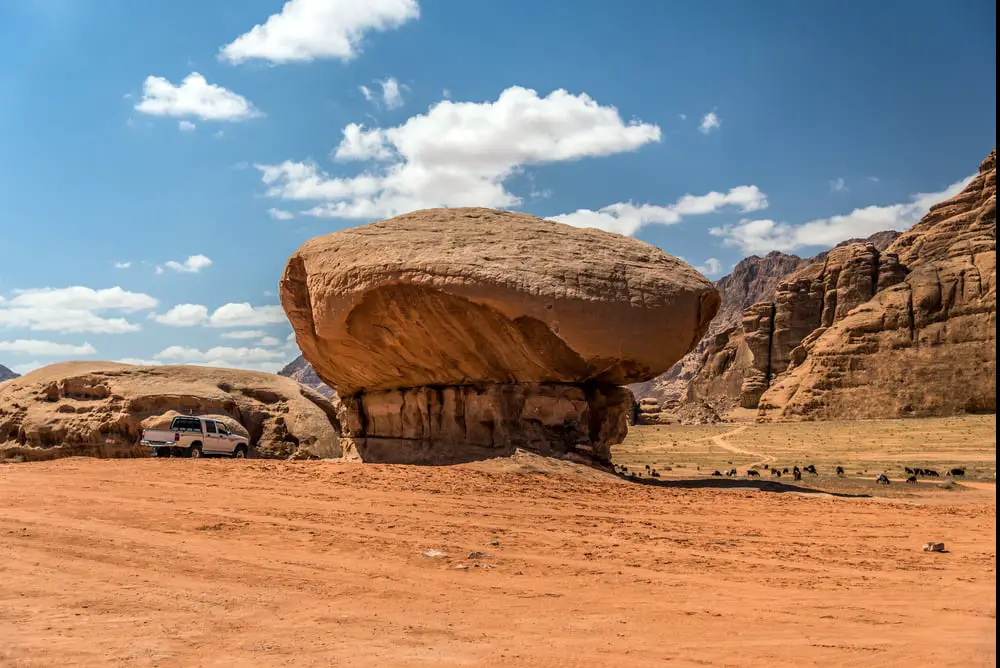
Historically, different cultures have had different spiritual connections with the mushroom. In Japan, the mushroom brings luck and good fortune, in Russia the mushroom means immortality – or a long a healthy life.
In Europe, the mushroom is associated with magic, mischief and a possible change to one’s life circumstances, in Africa mushrooms were symbolic of the souls of the dead.
What Do Mushrooms Represent in The Qu’ran?
According to the Qu’ran mushrooms are halal and are considered good for the eyes. The Prophet Mohammed declared that the Truffle is the flavor of God
Islamic Imaam ibn Qayyim al-Jawziyyah (1292 – 1350 CE) stated that mushrooms should be consumed for good health and are a cure for paralysis.
Although mushrooms do not feature much in the Qu’ran when they do they are typically associated with health and medicine.
What Do Mushrooms Represent in The Torah?
Mushrooms are generally considered kosher in the Torah, except Jews do not recite the blessing for plants for the mushroom instead they recite the blessing for meat.
This is because mushrooms technically do not grow out of the ground like other plants. Instead, they are solely supported by a network, that feeds of dead branches and leaves. Mushrooms ‘graze’ like animals and do not ‘absorb’ like other plants.
Jews associate the Blackwood Ear or Woodland Ear Mushroom (Auricularia Auricula-Judae) with Judas. In Jewish folklore, Judas hung himself from an Elder tree, and this is where this mushroom type is commonly found.
They are also shaped like an ear, and symbolic of the ‘corrupted ear’ of Judas himself.
What Do Mushrooms Mean Symbolically?
Mushrooms are a common symbol of good luck, prosperity, good health, rebirth and regenerations, good or bad karma, transformation, change, enlightenment, and safety.
The symbolic meaning of the mushroom changes depending on what cultural context it is in, and where in time the iconographic is used.
What Does Superstition Say About Mushrooms That Grow in Your Yard?
Mushrooms that grow in your yard are often referred to as Toadstools. In the western hemisphere, Toadstools are believed to be left behind by fairies, and that fairies use them as seats or dance around them during parties.
This is believed to be a good or bad luck omen, depending on where in the northern hemisphere you are. In Germany this is a sign of good luck, and that the fairies are protecting your family and your home.
Whereas in Irish folklore, fairies can be nefarious creatures that you do not want near your home. They are believed to be kidnappers, especially of infants and babies. They are also associated with trickery and deceit.
Hi, I’m John Stephens, chief editor and writer for Totalgardener.com. I’ve been gardening and raising animals for over 15 years starting with a small backyard plot in Northern Virginia where I grew corn, potatoes, squash, and using a high mulch technique called the Ruth Stout Method. I also raised ducks and small mammals for meat and eggs in a movable pen similar to the ones used by Joel Salatin. I later moved to Colorado where I experimented with growing greens using aquaponics inside. I eventually added a microgreens setup and home sprouting operation. I’m excited to share everything I’ve learned plus more from the other local gardening and animal raising experts I know.
